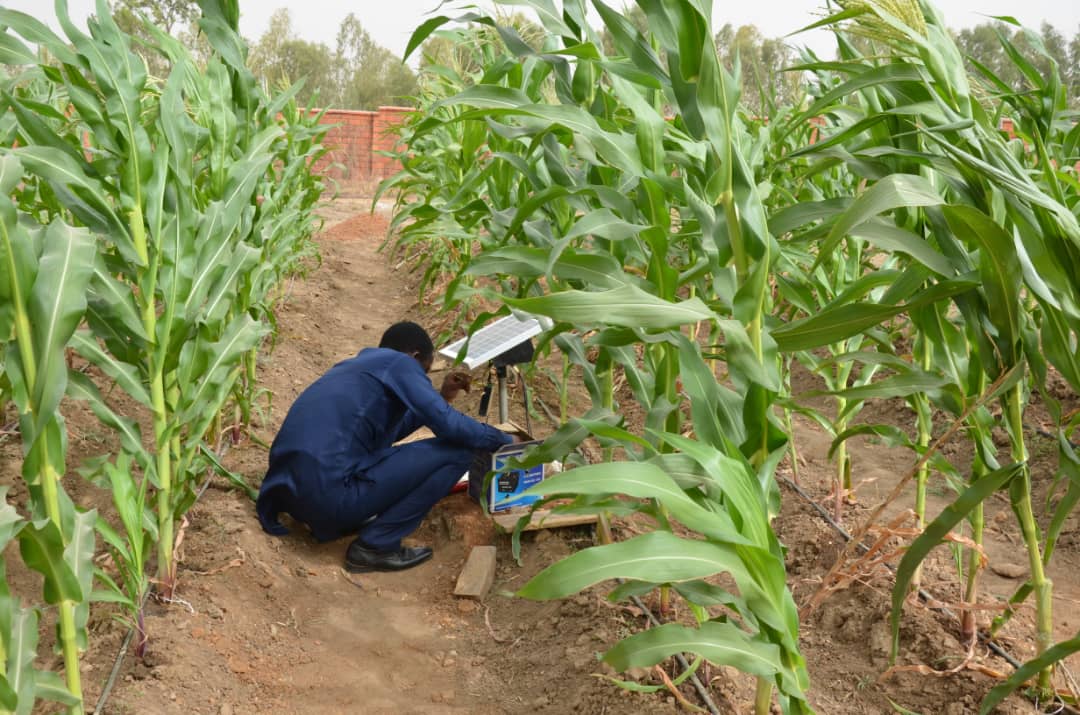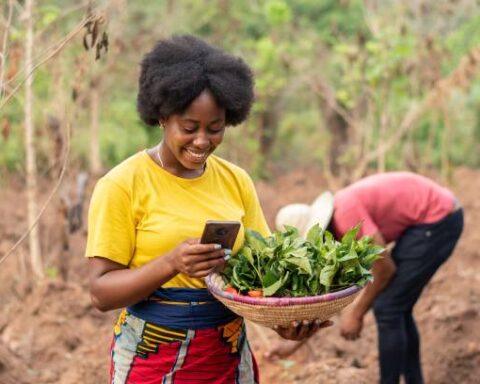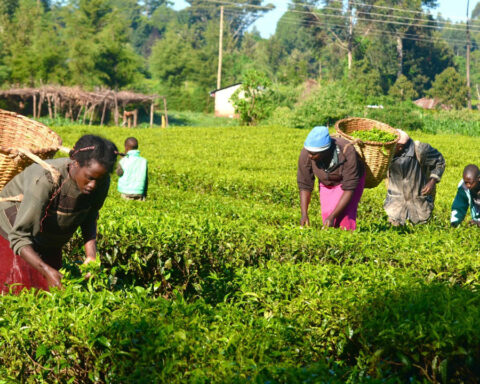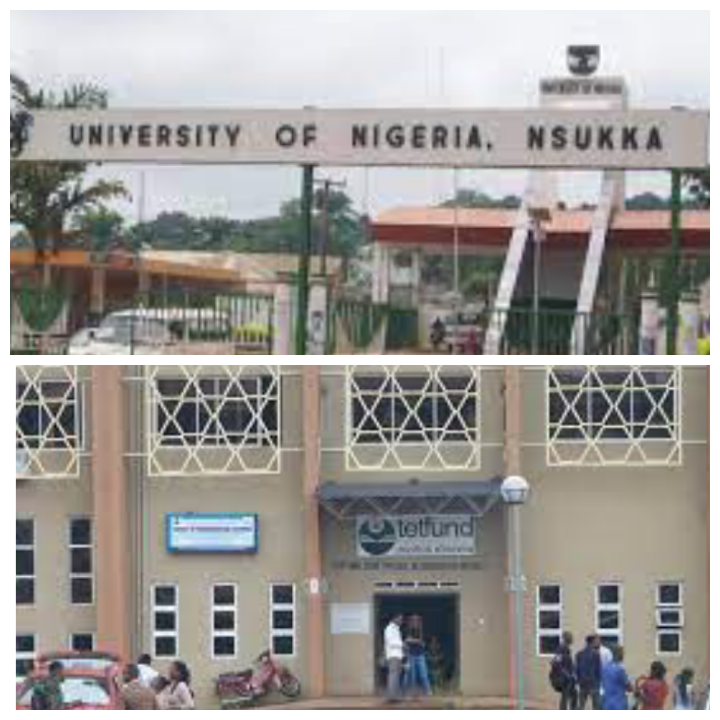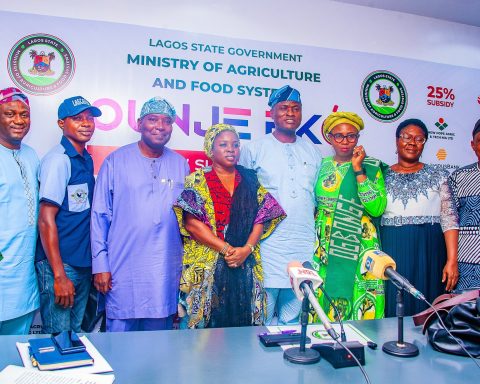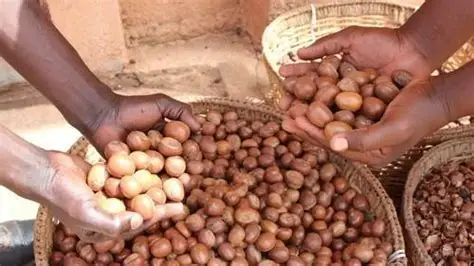As part of efforts to ensure regular water supply in farmland as well as to monitor moisture-related conditions, Engr. Prof. Elizabeth Onwuka has tasked extension workers and farmers to adopt smart irrigation techniques in order to boost food production in the country
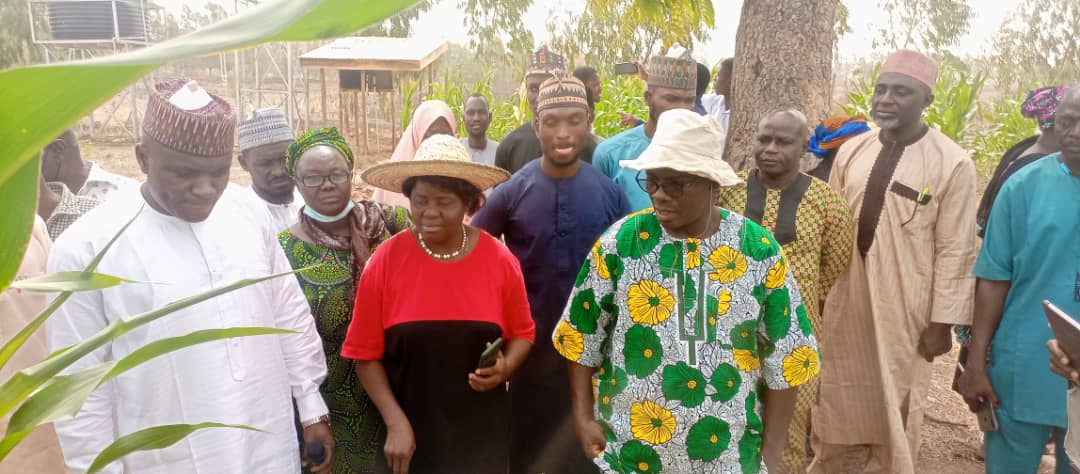
The University don who is the leader of one of the leading research groups in the Federal University of Technology, Minna, (FUT, Minna), the Wireless Networking Research Group gave this advice recently during a hands-on training organized for some selected extension workers and farmers in Niger State at the project site located inside FUT, Minna.
Speaking during the training, Engr. Prof. Onwuka stated that the aim of the projects was to automatically irrigate farmland without human intervention and to avoid under or over-irrigation which would save water and increase food production.
“The smart irrigation system will also provide a platform for farmers to monitor water supply in the farm using the Internet of Things (IoT) to enable interconnectivity between the Internet Cloud and the farm using installed sensors and electronic nodes, thereby allowing the farmer to access farm activities from anywhere either with their phones or computer”, the erudite scholar disclosed.
Join our WhatsApp ChannelFurthermore, she disclosed that the sensors which were installed in some sections of
the farm would collect information based on things such as soil moisture and weather predictions. According to her, this is done with wireless moisture sensors that communicate with the smart irrigation controls and help inform the system whether or not the landscape is in need of water.
“For more control, you may connect your smart irrigation system to your phone, tablet, or computer. This allows you to modify the settings on the fly using a simple app, as well as receive notifications and continually update information about your farm or garden on your preferred device”, she said.
The Leader of the Research Group revealed that the smart irrigation system would also assist farmers in conserving water, lowering costs, and boosting production in order to provide more food for the country’s rapidly growing population. She charged extension workers to disseminate the novel techniques to farmers in their domains.
The participants also took a tour around the farm in order to get first-hand details on the operational architecture of the smart irrigation system.
Some of the participants at the training expressed appreciation to the Research Group for finding them worthy to undergo the training free of charge, adding that they would propagate the tenets of the smart irrigation system to farmers in their various local government areas of duty.
Other members of the Research Group and students were also in attendance at the training. The Internet of Things Cloud-Based smart irrigation system is a competitive grant won by the Wireless Networking Research Group in 2019 from the Tertiary Education Trust Fund (TETFund) with grant number: TETFund/DR&D/CE/NRF/2019/STI/56.


